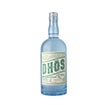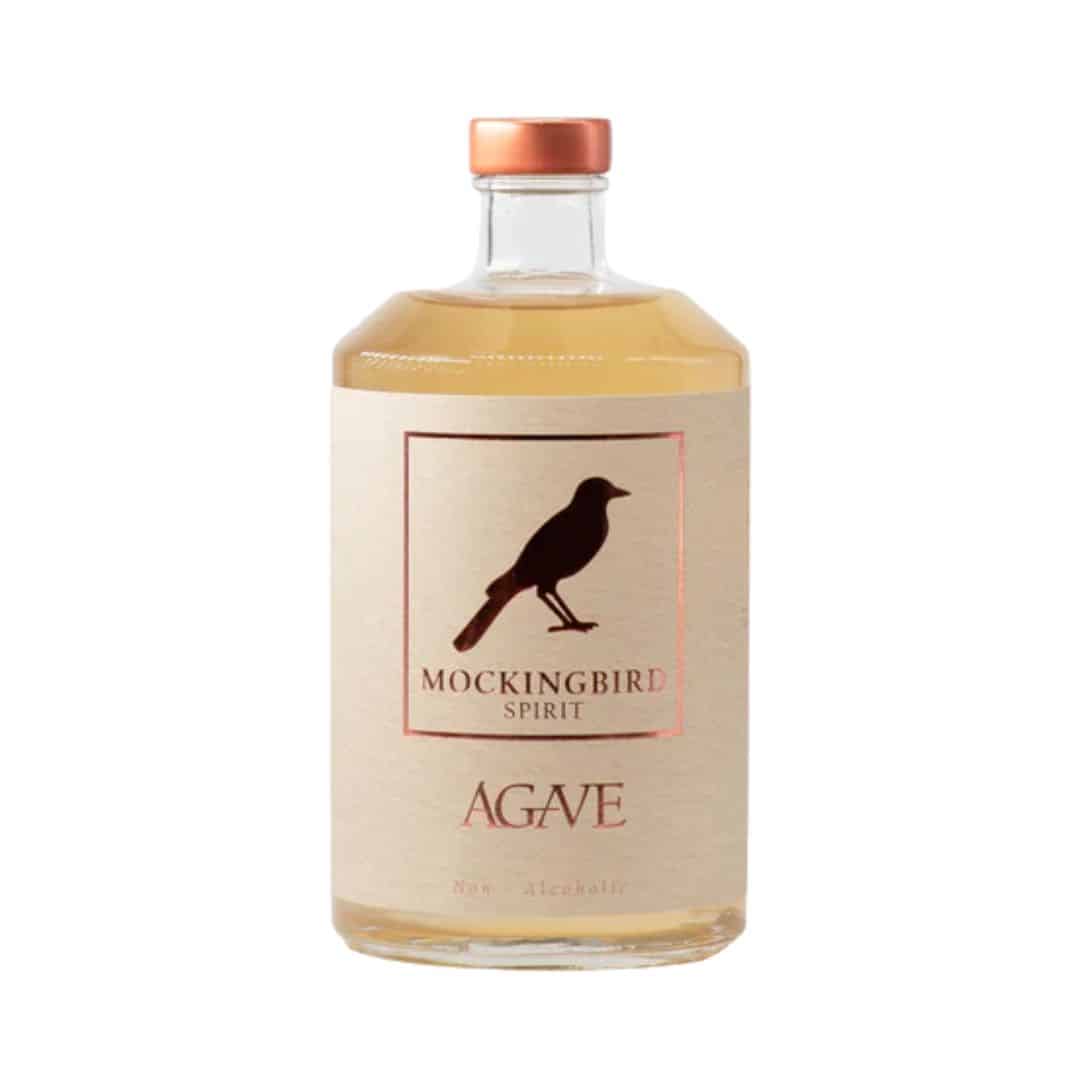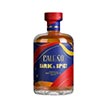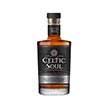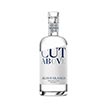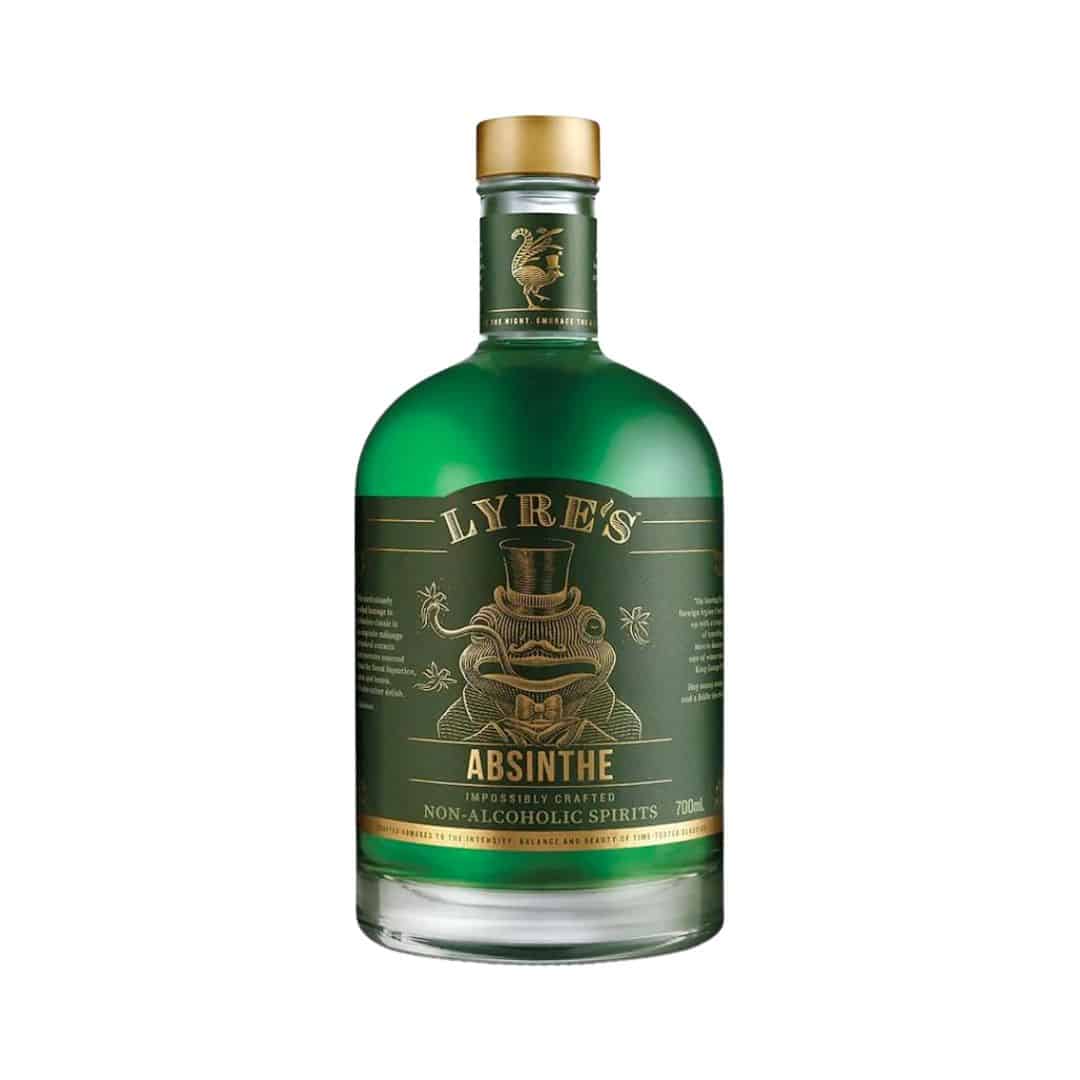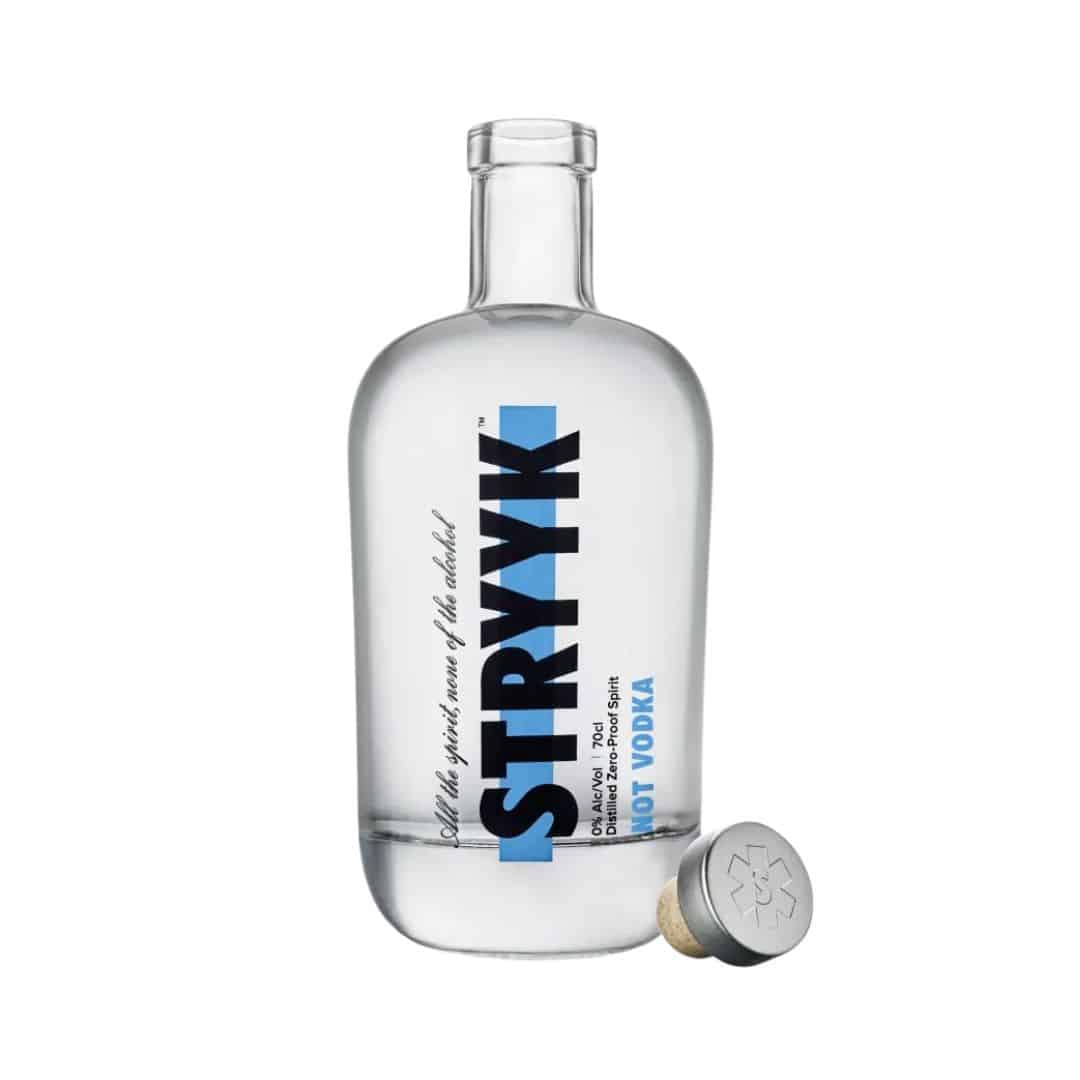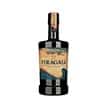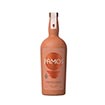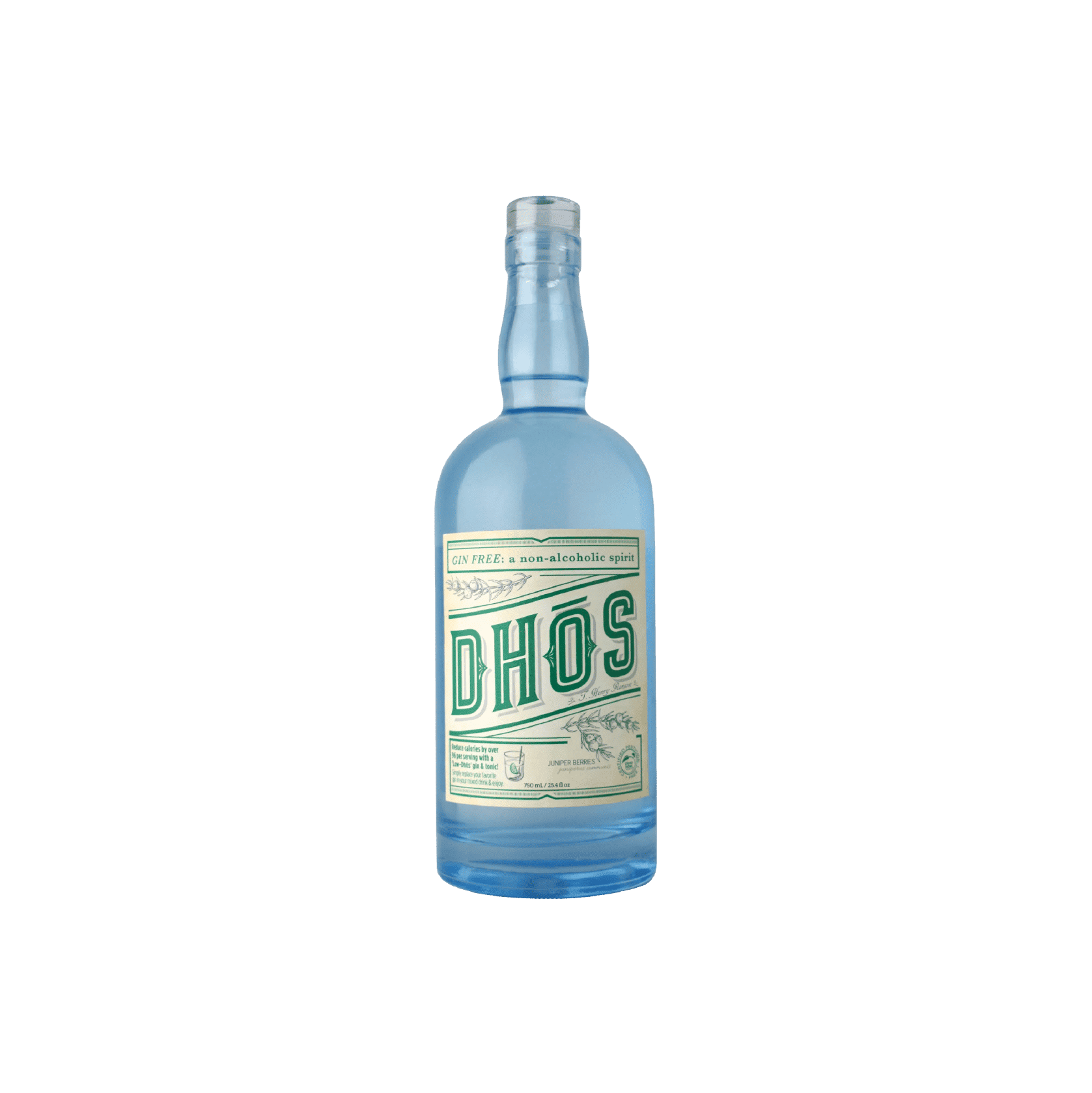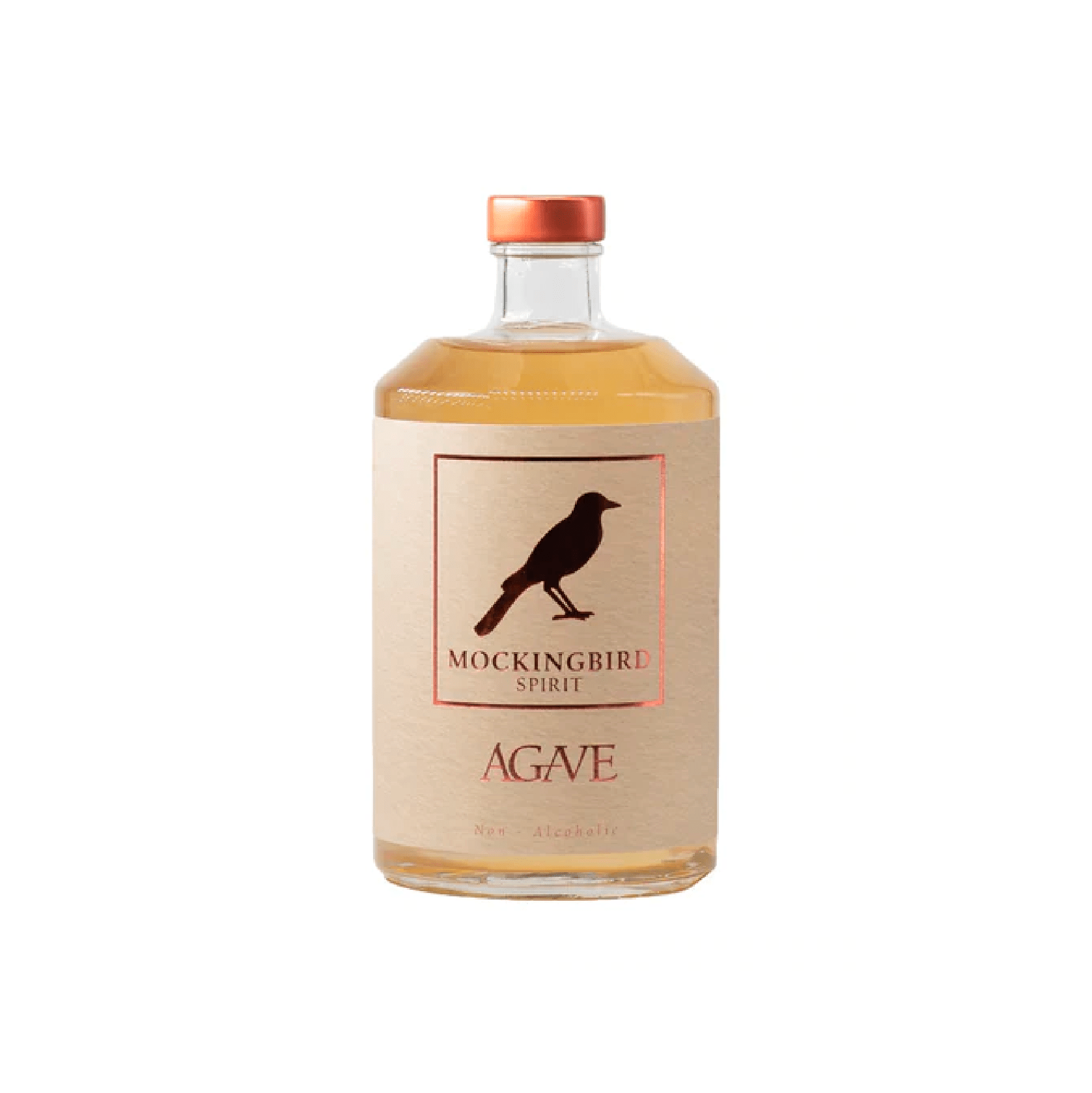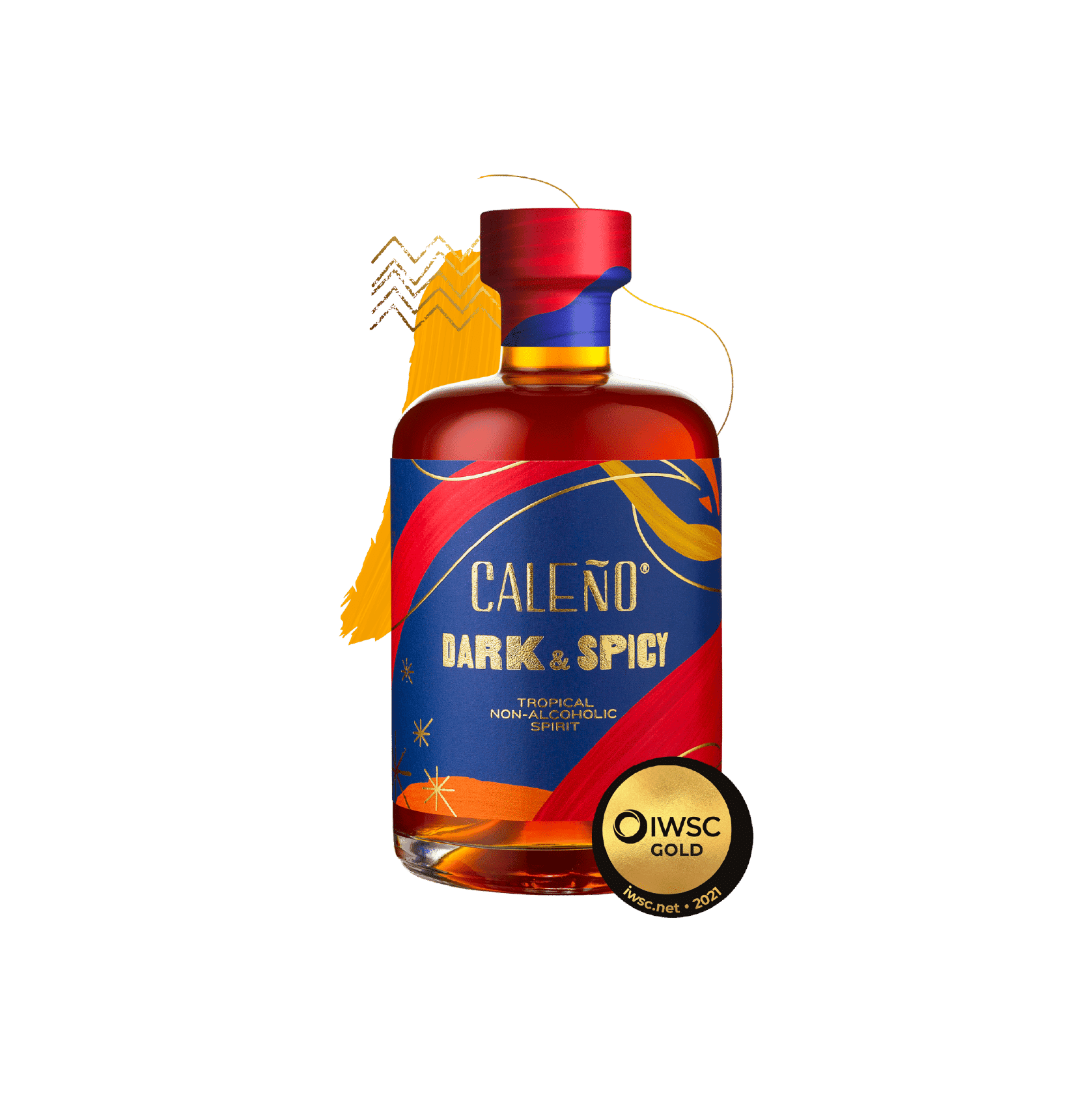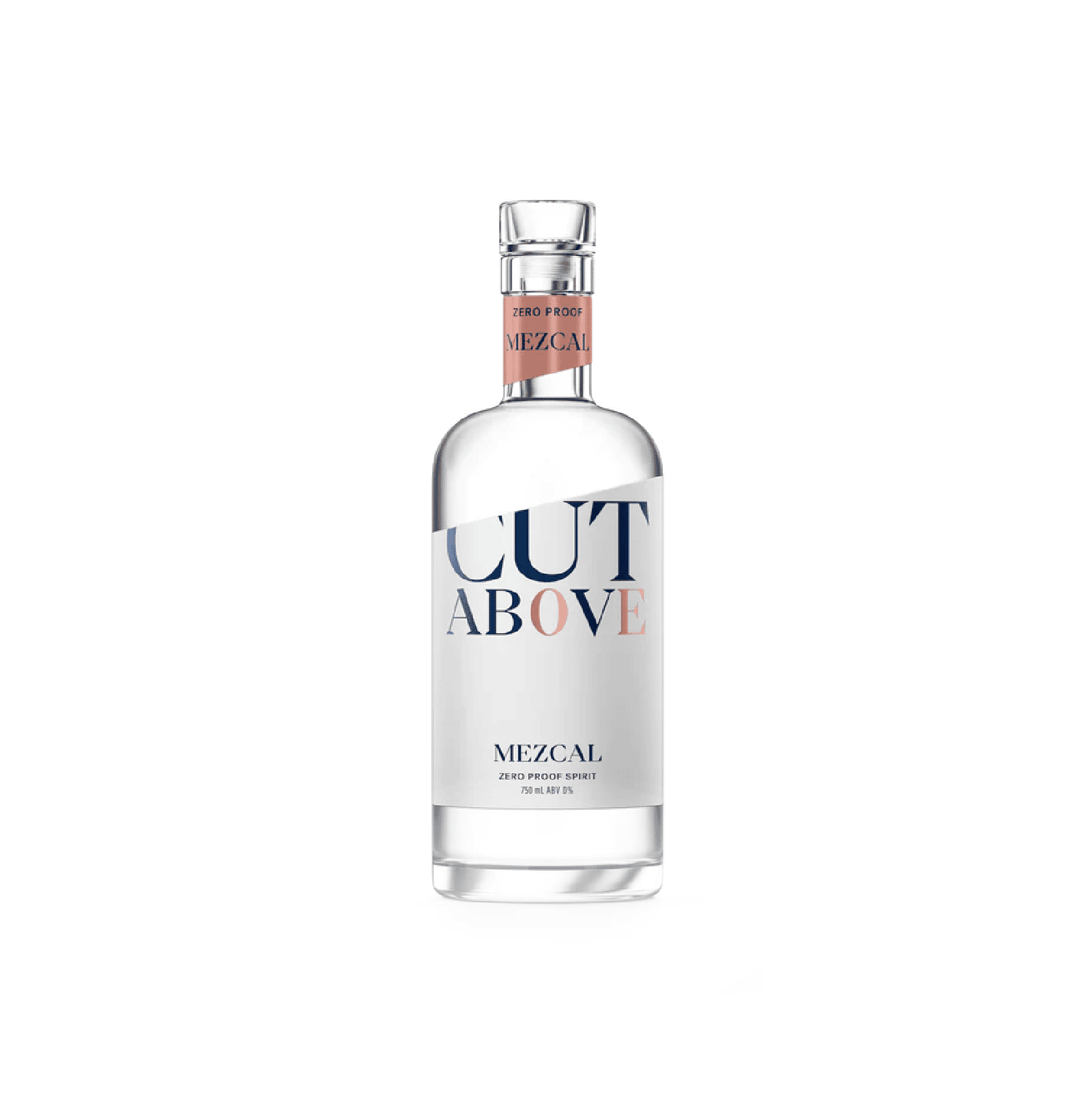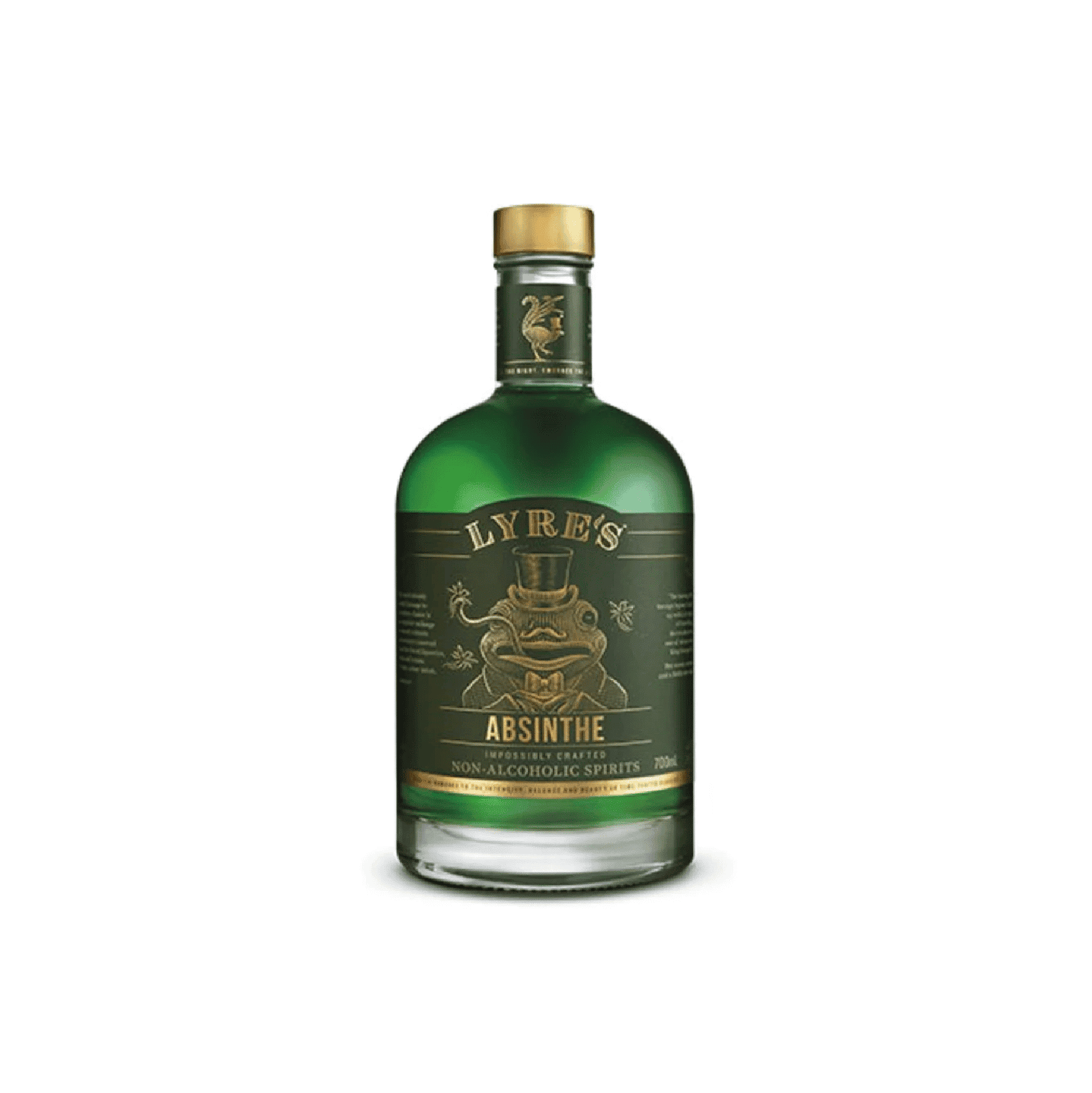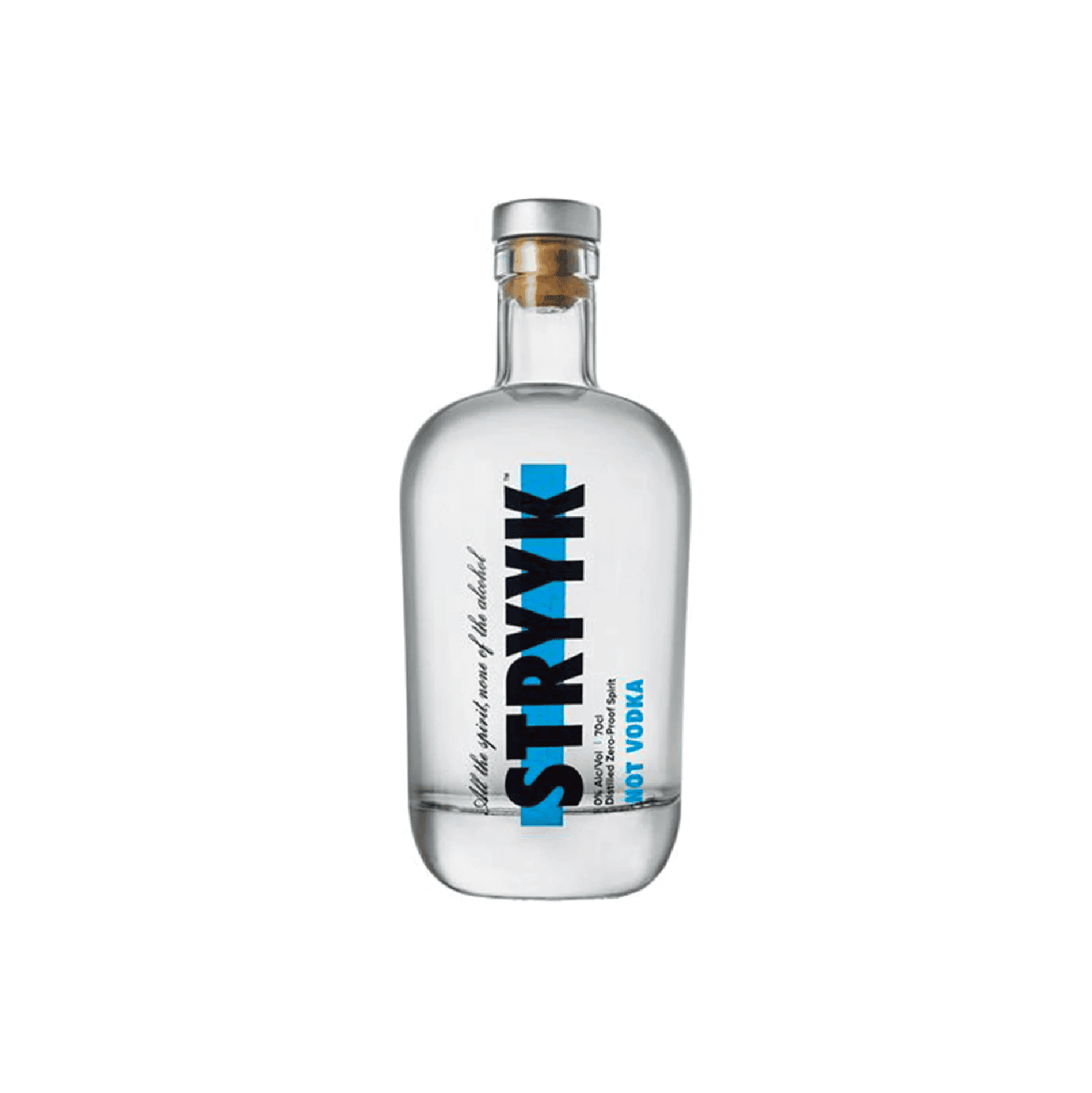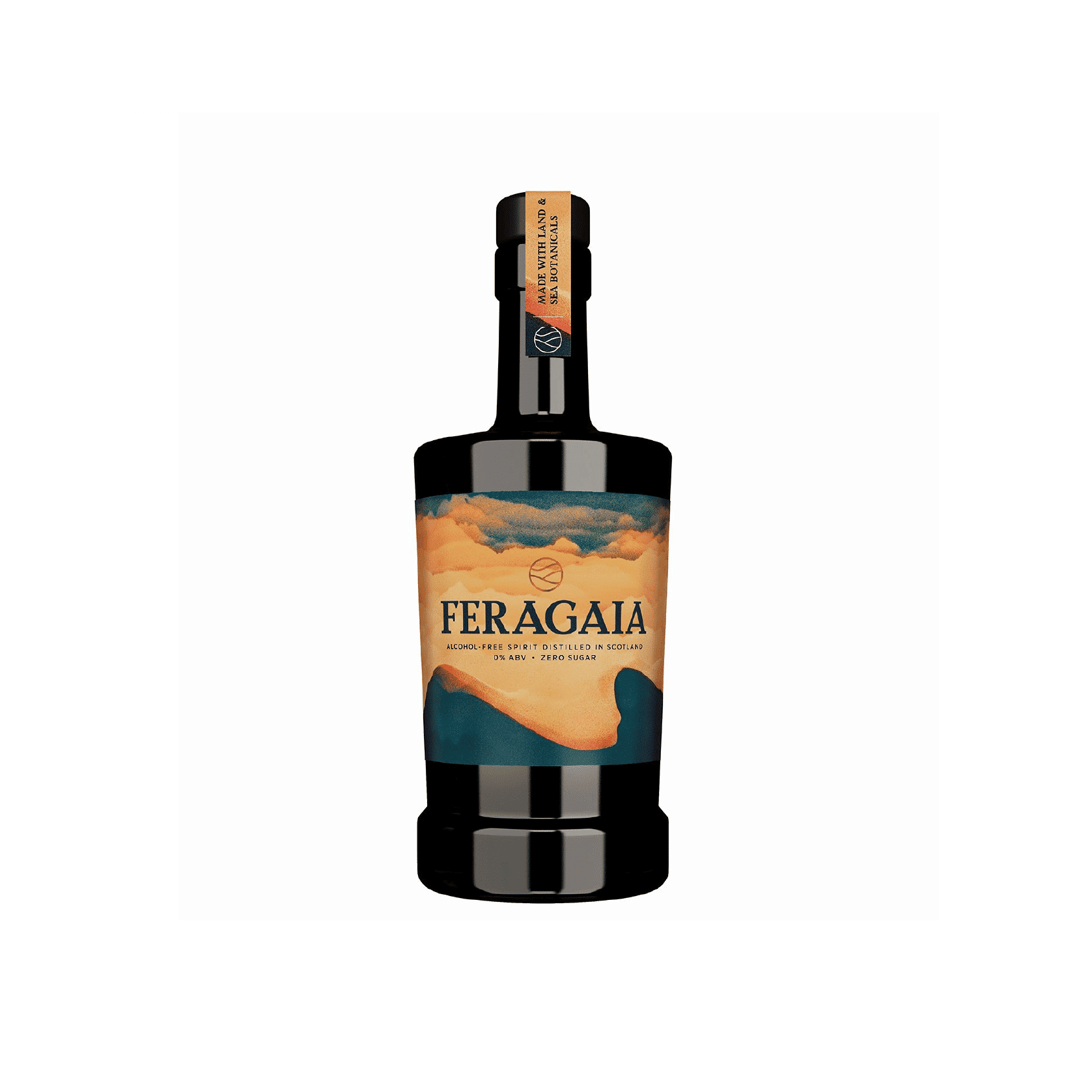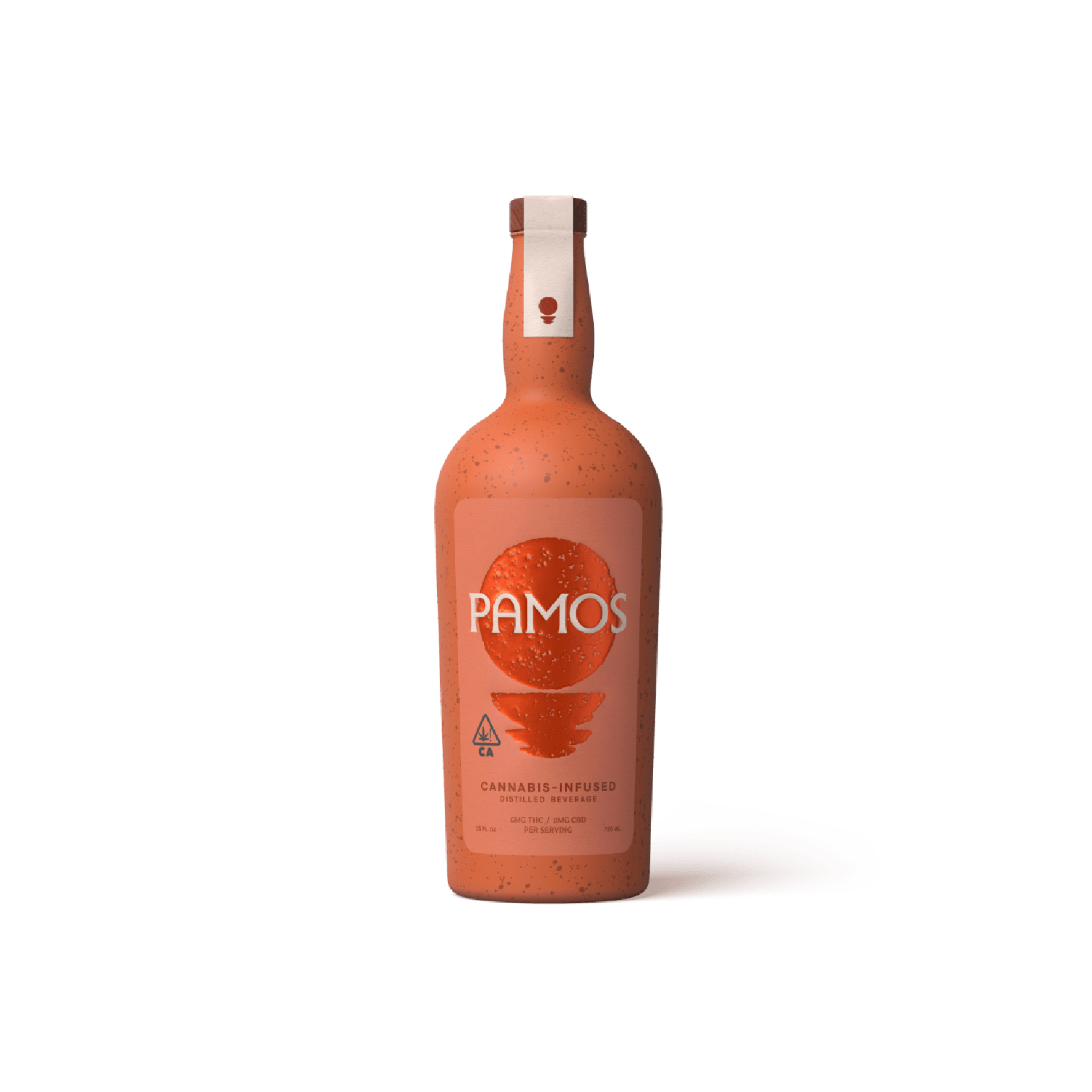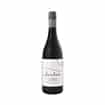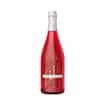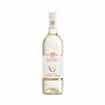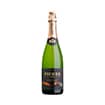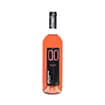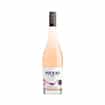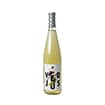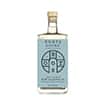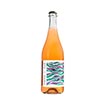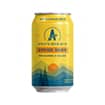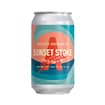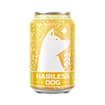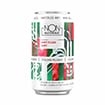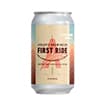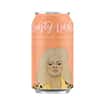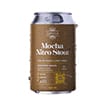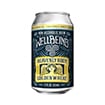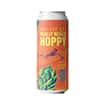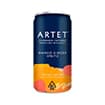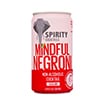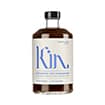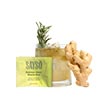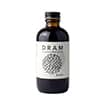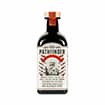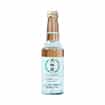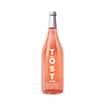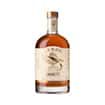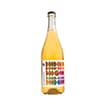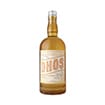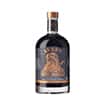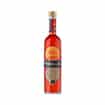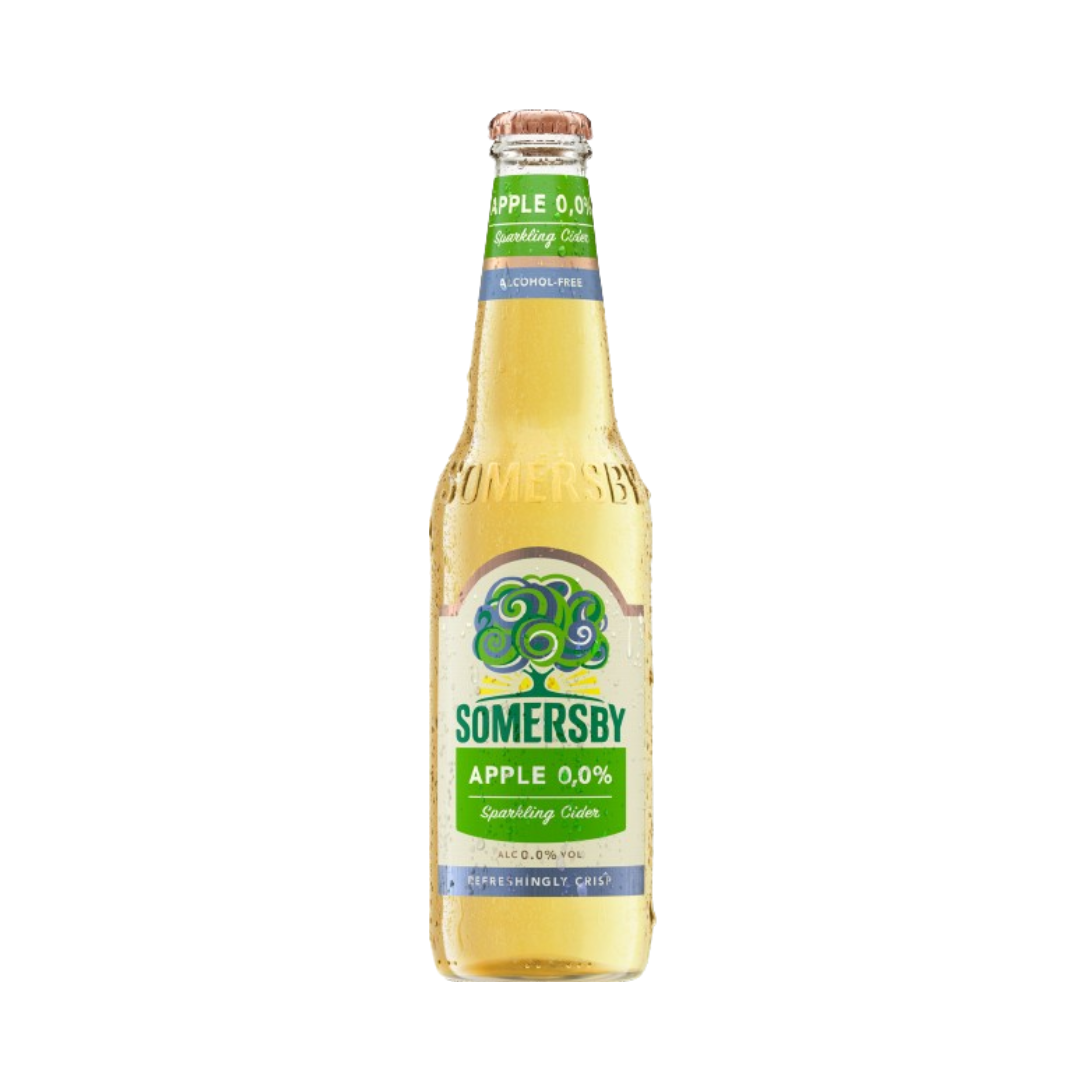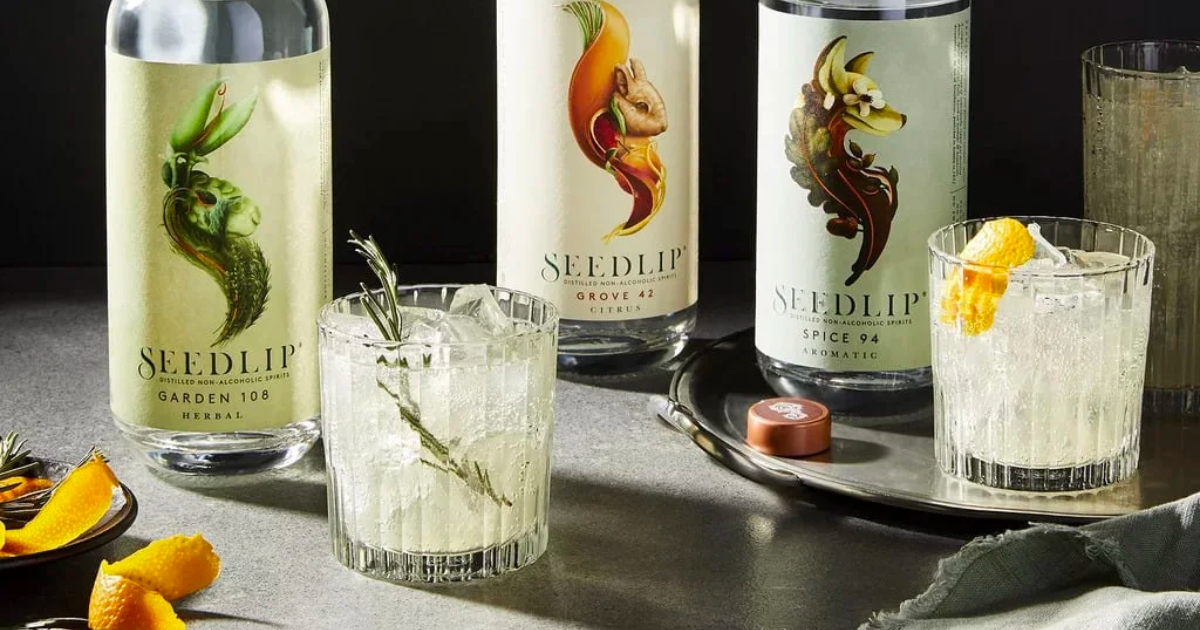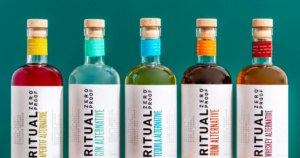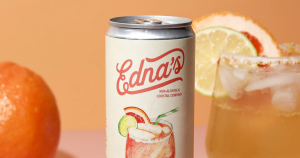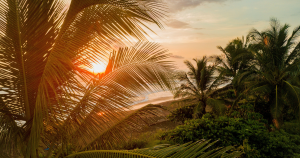A few years ago, I found myself holding a book older than the United States of America. I was wearing cotton gloves and being extremely careful, but I wasn’t in a museum or an auction house. I was at a restaurant in the Meatpacking District with Ben Branson, founder of Seedlip.
Ben owns an original copy of The Art of Distillation, published in 1651, and he (boldly) brought it with him to New York and let me flip through it. It’s a fascinating book that includes instructions for “how to extract a milky white substance from the rays of the moon” and “viper wine is made thus.” For the latter, start by taking the best vipers, cut off their heads and… well, I’ll let you read the rest if you’re interested. Thankfully for us, Ben was inspired to create not a better viper wine but rather the world’s first non-alcoholic distilled botanical spirit.
Within non-alc spirits, no segment raises more questions than distilled botanicals. Most of us know what gin tastes like, so even if you’re never tried a non-alc gin, you can imagine what one might taste like—and you can probably figure out how to use it to make a non-alc G&T. So, Ben demonstrated boldness yet again when he chose not to brew a better non-alc beer or to create a non-alc gin, but instead to create a completely new type of spirit, one without reference in the traditional spirits world. This guide dives into this category, offering insights into how non-alc botanical spirits are made, top brands to explore, and how to enjoy them yourself.
What are non-alcoholic distilled botanical spirits?
To understand non-alc distilled botanical spirits, it’s helpful to first understand exactly what vodkas and gins are. Vodka comes from the Russian word for water, voda, because it’s a distilled spirit defined by its absence of flavor. To say that gin is vodka with flavor, specifically the flavor of juniper berries, is an oversimplification but not a drastic one.
Branson realized that juniper is merely the tip of the iceberg in the world of flavorful botanicals to be distilled. Non-alc distilled botanical spirits are like non-alcoholic gins, except that they make use of a much broader range of botanicals.
How to choose a non-alcoholic distilled botanical spirit
As the world of non-alcoholic spirits expands, the options on the shelves multiply. Here’s a simple guide to picking the best non-alcoholic distilled botanical spirit for your palate:
- Botanical profile: the essence of a non-alc distilled botanical spirit lies, of course, in its botanicals. Review the list of ingredients and consider the botanicals used. Do you prefer a citrus-forward profile or something more herbal?
- Brand reputation: as the non-alc spirits category is still nascent, it’s beneficial to consider reviews and feedback on various brands. Established names in the alcoholic spirits world who’ve ventured into non-alc offerings might provide a certain assurance of quality, but don’t shy away from smaller brands that might be pushing the envelope in terms of innovation.
- Taste test: if possible, attend tastings or purchase sample-sized bottles. As with alcoholic spirits, personal preference plays a significant role. What resonates with one individual might not be a hit with another, so sampling a few varieties can help you pinpoint your favorite.
- Clarity on additives: investigate if the brand uses any additives or artificial flavorings. For those seeking a natural product, it’s crucial to ensure that the non-alcoholic distilled botanical spirit you’re selecting is free from unwanted chemicals or synthetic flavors.
Remember, the non-alcoholic spirits category is continuously evolving, with brands constantly innovating to improve their offerings. It’s an exciting time to explore, taste, and discover the nuances of non-alc distilled botanical spirits.
Comparing the best non-alcoholic distilled botanical spirits
Fast forward several years, and we now have a slew of thoughtfully made, high quality distilled botanical brands. Here are eight of my favorites as of March 2024.
The one that started it all just launched their new Notas de Agave, reminiscent of a fine tequila.
Margaret River is known worldwide for surfing and wine. Ovant is quickly making it known for non-alc spirit botanicals as well.
Founders Rose and Chris Bax were gathering their own botanicals and distilling quality spirits before Spirited Away even opened and they continue to pour their heart and soul into it.
Inspired by Southern California, Optimist spirits taste like distilled sunshine.
Distilled by a true “mad scientist” of botanical spirits, Wilderton’s original duo are unlike anything you’ve tried before. Start with their Bittersweet Aperitivo, the most approachable of the trio.
Abstinence’s use of honeybush and other South African botanicals are delicious and transportative.
Another transportative spirit, Pentire’s Adrift with tonic & rosemary makes me feel like I just surfed the waves off the Cornish coast with the founders themselves.
Amethyst keeps it simple and easy to love with familiar, yet uniquely combined, flavor profiles.
When I drink distilled botanicals, I can truly sense the work and care that went into making them. They’re all quite special in their own way.
FAQs about non-alcoholic distilled botanical spirits
Why drink non-alcoholic distilled botanical spirits?
They’re excellent for a slow sipping experience.
Drinkers new to alcohol alternatives often remark that they find non-alc drinks go down too quickly. This can certainly be true for non-alc variants of traditional spirits, depending on how they’re mixed.
In my experience, the novel flavors of distilled botanical spirits do wonders for slowing the pace of drinking. Botanicals are often an acquired taste, so you need to consume them slowly and consider the flavor profile. Part of the fun is being present and aware of the process while it’s taking place.
How are the botanicals sourced?
One of the reasons I love distilled botanicals is that their makers often focus on botanicals grown in their specific region, leading some to refer to them as terroir botanical spirits.
Ovant gathers botanicals from Margaret River, Australia, Abstinence from the southern cape of South Africa, Pentire from the Cornish coast of the United Kingdom, etc. I often find that a distilled botanical spirit is my first and only exposure to the flavors of that particular ingredient, especially if it’s sourced from a different part of the world. For example, Bax Botanic’s Sea Buckthorn spirit is the only way I’ve ever tasted sea buckthorn, a tart and sour berry from deciduous shrubs native to Northern Europe and Asia.
Why don’t non-alc distilled botanical spirits have much flavor?
They do, you just have to know how to unlock it.
Many people I talk to wonder why distilled botanicals have such strong aromas but such subtle flavors. On their own, most alcoholic spirits smell about the same as they taste. Plus, many of us are accustomed to drinking alcoholic spirits without any sort of mixer. That works fine for alcoholic spirits since ethanol itself is an excellent carrier of flavor. But, without the alcohol as a binder, the flavor molecules of non-alc distilled botanical spirits can peter out on the tongue.
To solve this: simply add a bit of sugar, which, like alcohol, is an excellent carrier of flavor. I don’t mean that you should literally mix sugar or even simple syrup with your Seedlip Grove 42. I find that tonic water, ginger beer, and a host of other common mixers work wonders to enliven the nuanced flavors of distilled botanicals. Even fruit juices have enough natural sugars to bring forward the flavors of the botanicals.
For more from Douglas, follow him on LinkedIn.
Dry Atlas is a media company focused on alcohol alternatives. We deliver non-alc insights, news, and recs to over five million people annually. To stay up to date on all things non-alc, subscribe to our weekly newsletter.

